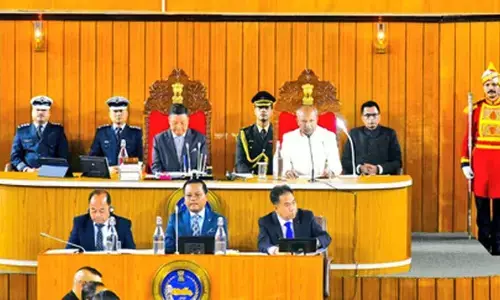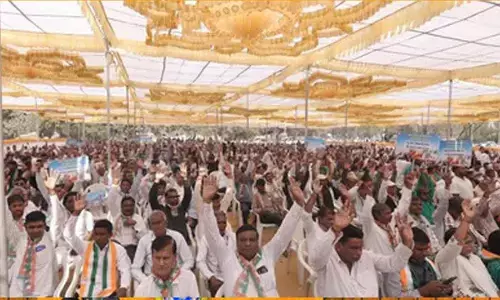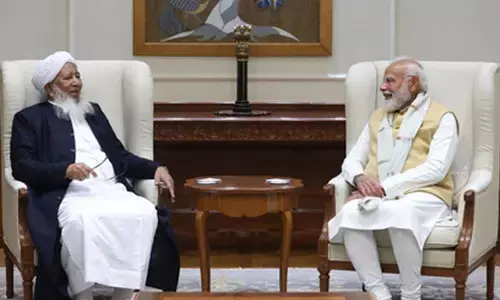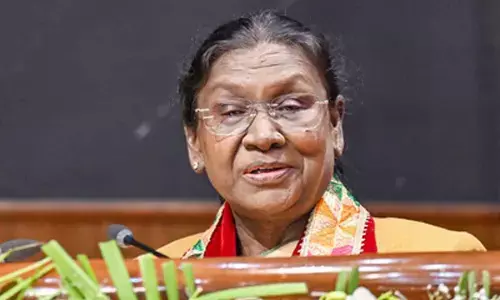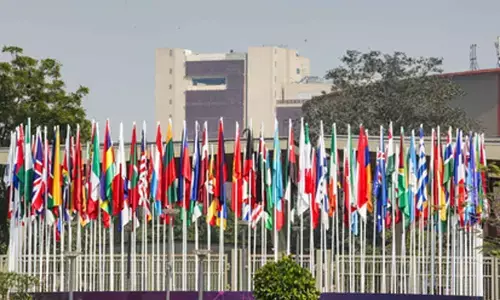IIT Delhi organises workshop on MedTech, Healthcare Ecosystem
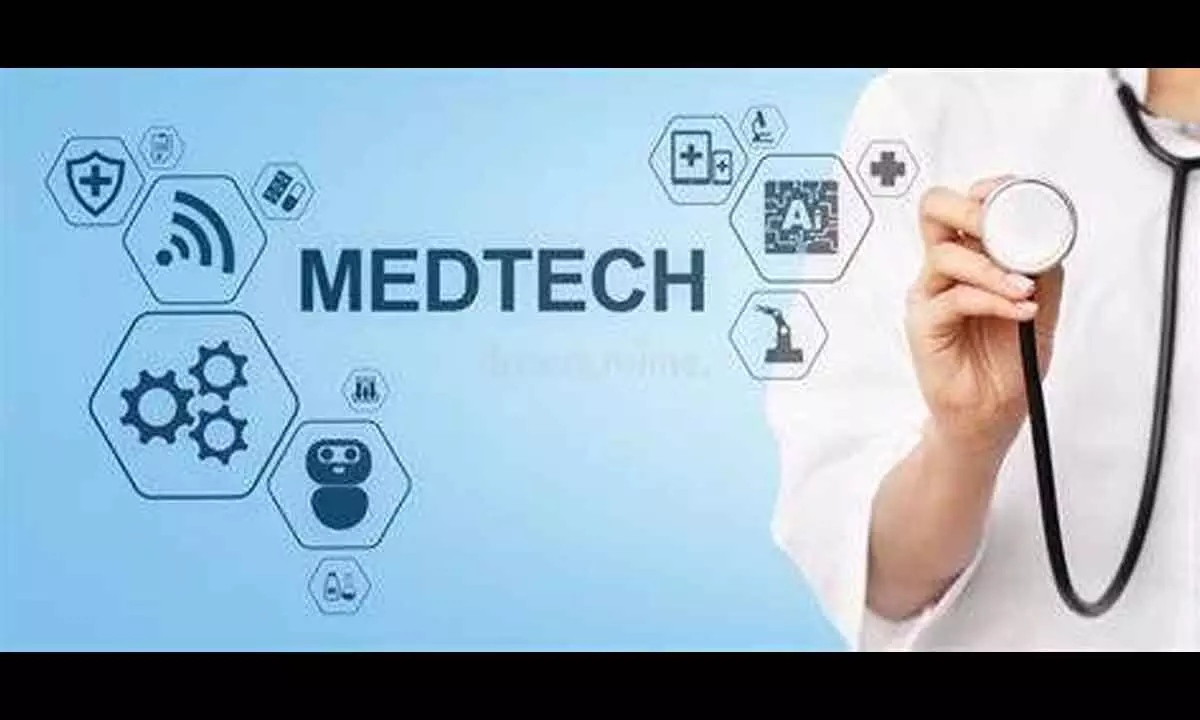
A one-day workshop took place on Monday at the IIT Delhi Hauz Khas campus, focusing on groundbreaking advancements in the medical and healthcare industry.
Experts from the medical and healthcare sector discussed critical topics, such as MedTech and the Healthcare Ecosystem.
The workshop aimed to shape the future landscape of healthcare, particularly in relation to the upcoming IIT Delhi campus in Haryana’s Jhajjar.
The workshop’s inauguration witnessed the presence of prominent figures including Dr V K Paul from NITI Aayog, V Srinivas from DAR & PG, Dr Upendra Kumar Singh from DRDO, Prof M Srinivas from AIIMS New Delhi, and Prof Rangan Banerjee from IIT Delhi.
Notably, the event marked the renewal of an existing Memorandum of Understanding (MoU) between IIT Delhi and AIIMS New Delhi. The MoU signifies the continuation of their collaborative efforts in research and academics, with signatures from the respective directors of AIIMS and IIT Delhi, alongside Prof. Naresh Bhatnagar, Dean of R&D at IIT Delhi.
The IIT Delhi - Jhajjar campus, which is likely to come up within three years, is going to be the country’s first-of-its-kind R&D Centre for Patient-Specific Drug Development for Cancer Treatment and medical equipment technologies.
The campus will also work in the areas of Performance Enhancement for Paralympians and Sports Injury Prevention & Rehabilitation; Medical Implants, Diagnostics, Device Design and Development; and Application of AI/ML in Digital Healthcare along with Medical Imaging. The campus also plans to offer many new courses and certificate programmes for skilling the workforce for these futuristic technologies.
During the workshop, clinical, academics and industry experts deliberated on the above four healthcare and medical technology-related domains and charted a roadmap for realising the goals.
Additionally, both IIT Delhi and AIIMS New Delhi took the opportunity to renew their MoU. The renewed collaboration underscores their dedication to advancing healthcare solutions through cutting-edge technology.
IIT Delhi and AIIMS New Delhi are also planning to start a joint PhD programme in the near future, for which the process is underway.
Prof. M Srinivas, Director, AIIMS New Delhi, said: “If we are looking at the Atmanirbhar Bharat, I think there is a fresh need for us to innovate, design and develop. This cannot happen only in medical institutions, we have to sit together, work together, design together, evaluate, and go to the trials. That is where the roles of the AIIMS and IIT come together, this is definitely a requirement for the country right now.
“For working together, we have recommitted ourselves with a renewed MoU. We are also focusing on how to work more together with the joint working groups with monthly reviews. A joint MD-PhD programme is under discussion and I am confident that it will go through. There should not be any problem given that both institutions have functional academic autonomy.”
Meanwhile, Prof. Rangan Banerjee, Director, IIT Delhi, said: “We want the IIT Delhi - Jhajjar campus to be a co-created healthcare hub. For us, it is one of the most important initiatives going forward. This will propel IIT Delhi to the next level and I hope it will be beneficial for the AIIMS as well. We need to plan carefully and have clarity of vision. For the IIT Delhi - Jhajjar campus, some of the resources may hopefully come from the government, some from the alumni and some from the industry.”
Prof. Banerjee added that we will have a national advisory committee as well as an international advisory committee. “We need to create a new model of collaboration between medical, engineering and science. A model that will hopefully be replicated by other institutions in the country,” he said.


